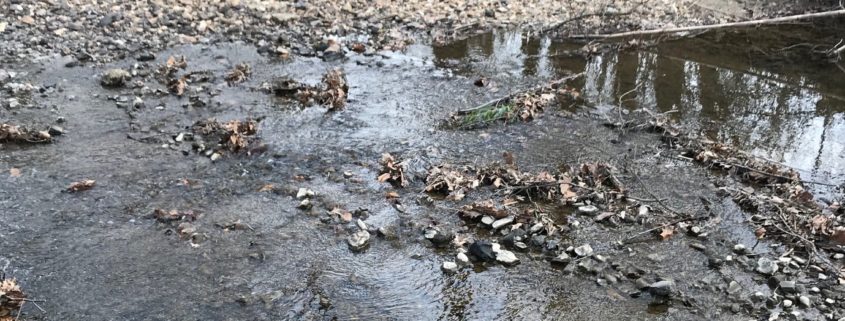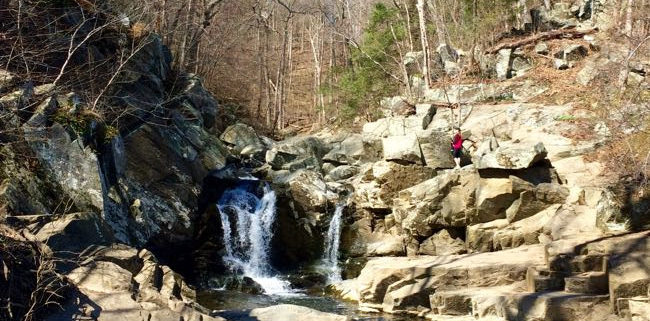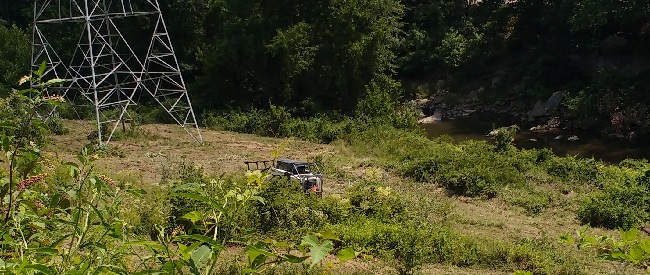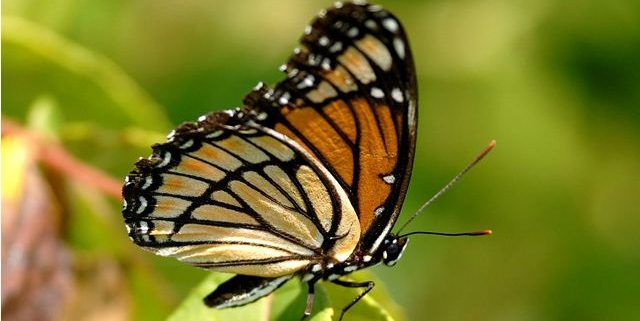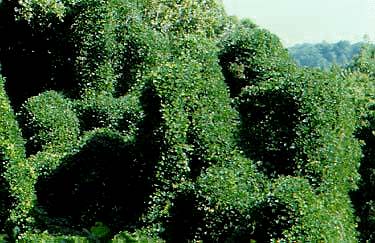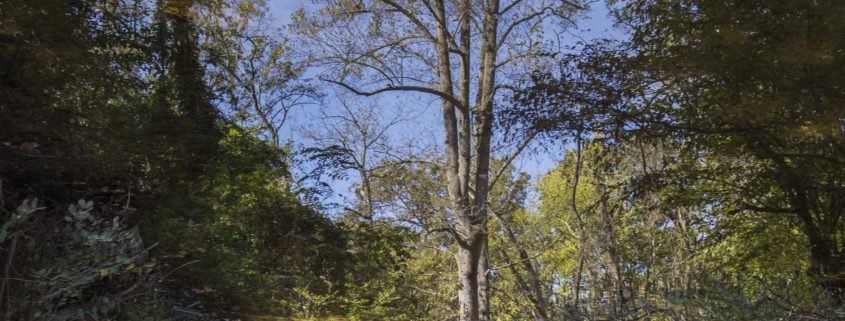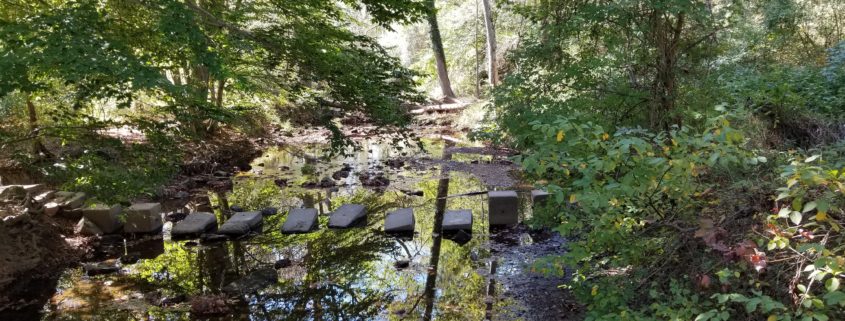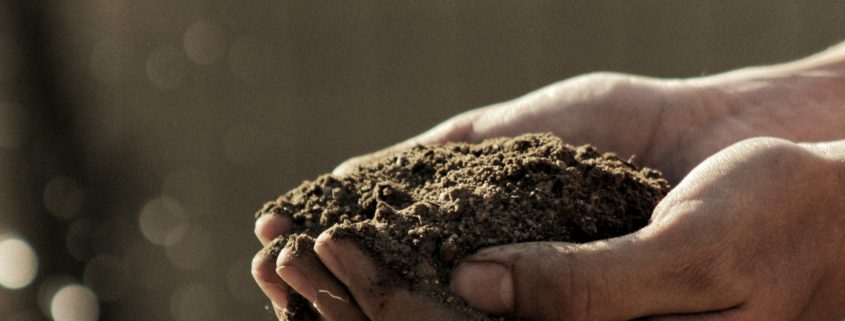Reviewed by Ann DiFiore
“To listen to the songs of trees is to know their communities, their network of family of which we and our voices are members”
David Haskell’s most recent book, The Songs of Trees (2017, 252 pp) continues his examination of forests and the interconnectedness of organisms. This book, however, is marked by a feeling of particular urgency as he explores not only the natural history of trees, living and dead, wild and cultivated, but the impact of climate change, deforestation, and political pressures on trees, the populations that depend on them, and the planet as a whole.
Haskell divides his work into three parts. Part I profiles individual trees and their environments, from the rainforest to the boreal forest; part 2 covers living and fossilized trees; and part 3 introduces cultivated, or urbanized, trees, ranging from cottonwoods to bonsai.
By tree songs, Haskell means the music of water, sunlight, insects, rock, machinery, fungi—every living and non-living thing with which trees interact. For example, the rainforest’s Ceiba pentandra tree’s song incorporates the rush and patter of rain flowing from canopy to roots, across the myriad bromeliads, ferns, and philodendrons that make this tree ecosystem a “sky lake.”
Sensors on the trunk of a Bradford pear growing at 86th and Broadway records the rumbles of the subway beneath its roots and the screech and blare of taxis hurdling down neighboring thoroughfares. A ponderosa pine’s melody combines the whine of windswept needles, the grating of a sapsucker probing for ants, the pop of wood cells thirsty for water, the grinding of beetles under its bark.
For Virginia Master Naturalists Haskell’s book serves as both inspiration and guide to ways in which we can enlighten and engage the public. By helping people interact with trees and experience them—seeing, listening, touching, smelling, tasting– the trees become animate. When we educate the public on their role as living community centers, we communicate their value and the interconnectedness of all lives.
As in The Forest Unseen, Haskell provides fascinating insights into the ecology and evolution of the forest. In this book, human attitudes and ethics vis a vis their environment play prominent and compelling roles. To the Waori people of Ecuador, ”the Ceiba is the tree of life in their creation story “ (p. 16). They view the forest as a whole organism, made up of living things, “spirits and dreams:” that can only exist cooperatively (p. 18).
While Haskell believes that few Westerners can match the Waori’s connectedness to their environment, he implores humankind to try harder to interact, learn, and care for the trees and ecosystems vital to our survival. The abandonment of centuries-old olive groves on the West Bank epitomizes the upheaval and loss that occurs when populations are uprooted, due to environmental or political change. A loss, he laments, of both their knowledge and identification with the land. While he addresses the exploitation of both rainforests and boreal forest, which he describes as our last and greatest terrestrial carbon store, Haskell looks for signs of redemption among the devastation. The fossilized redwood in Florissant Fossil Beds National Monument that mesmerizes a young girl and her family is a promise of engagement. Street trees in New York championed by the people who value their shade and flowers give him hope.
Like the Yamaki Japanese white pine, a bonsai tended by the Yamaki family for four hundred years and gifted to the US National Arboretum by the government of Japan, trees are “living strands of relationship.” The tree survived the bombing of Hiroshima and is now a symbol of friendship between the two nations. While carefully cultivated and often non-native, bonsai’s miniaturized forms let viewers access trees in a way that is more personal, more intimate. “Trees are masters of integration, connecting their cells into the soil, the sky, and thousands of other species.“(p. 153). Haskell’s book will strengthen FMNs’ resolve to help their communities renew those strands of relationship.
Want to review a resource? We’d love to hear from you. Instructions for submission await your click and commitment.


